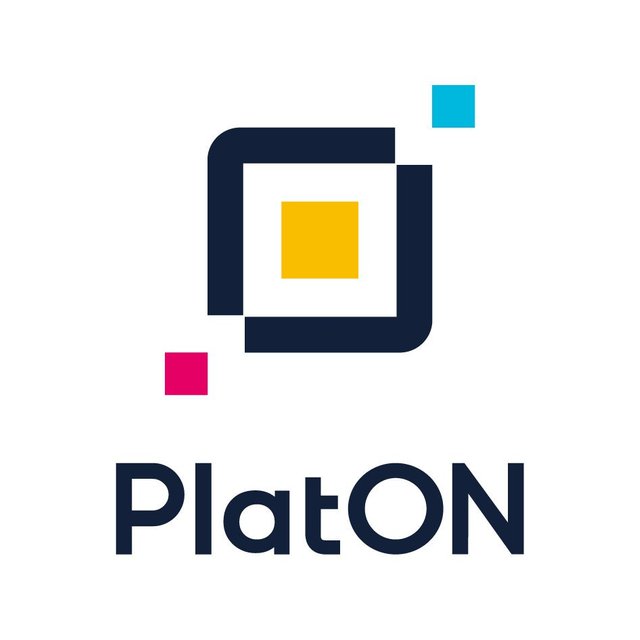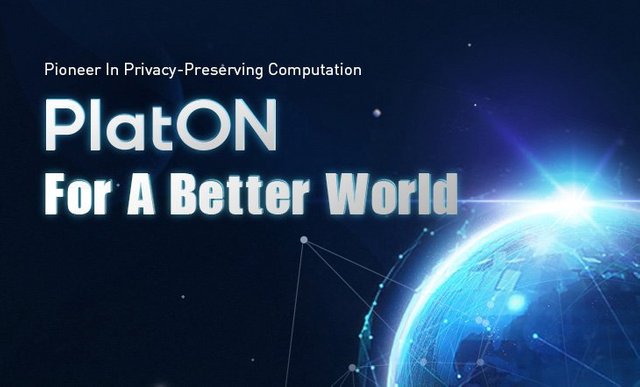PlatON: A Next-generation Blockchain Panacea For Data Privacy Headaches
Data Privacy is a Consumer Right
Hardly does not any week pass without news headline on data breaches. Earlier this year, a hacker compromised Capital One credit card application data of more than 1,000,000 users stealing sensitive user information such as social security numbers, credit limits, bank account details and personal information. Recently, Facebook was heftily fined, to the tune of $5 billion, for discreetly abusing and mishandling user's personal data.
These incessant hacks, data leaks and misuse show the weakness of storing data on centralized databases (servers).
Data privacy is a challenging issue and is always a point for public discourse and debates. Nobody wants his or her data to be distributed or commercialized on the internet, especially without authorization. Traditional solutions apparently are weak to address these concerns.
Is all hope lost? No.
Blockchain technology can help address most, if not all, of the challenges posed by data privacy. So whether it's about data ownership, privacy, valuation or data exchange, blockchain can help with data management without hassle.
Blockchain is a trust-less cryptographically-designed decentralized ledger system with the core features of decentralization, transparency, and immutability. By virtue of the design of blockchain, it is almost impossible for anyone to tamper with data validated and added to the blockchain. This is because every transaction (value or information) is hashed and distributed among all the nodes in the network such that no single node has the complete information. Therefore, blockchain does not suffer from the "single point of failure" problem common with centralized technologies.
Blockchain, being a decentralized system, ensures data security and empowers consumers to really own and control the use of their data.
The potentials of blockchain to the protection of data privacy, and other real-world applications cannot be doubted, but not all data can be stored in plain sight, for example patient health records. Data owners need to be reassured that their information is truly secure and not 'peeped' into by anyone, not even the validators.
Privacy-preserving blockchains require advanced and sophisticated technologies and computational methods in order to achieve compliance with regulations on data privacy.
PlatON blockchain is built for this - preserving data privacy and high scalability.
What is PlatON?
PlatON is a high-performance highly scalable trustless network built based on a proprietary technology called verifiable computation (VC) and state-of-the-art cryptographic technologies, secure multiparty computation and homomorphic encryption.
Scalability, the major limitation associated with blockchains is inherently baked into its design, particularly its approach to achieving consensus among nodes in the network. In order to maintain the trustless nature of the blockchain, all the nodes in a network have to be synchronized and consent to the correctness of a transaction before it can be added to a block. This takes time and consumes resources, especially in a Proof-of-Work (PoW) network. PlatON takes on a unique approach to solve this issue, by developing and deploying VC, a method that reduces the time and costs consumed in validating transactions by eliminating replicated computation. With this feature, PlatON scales in multiple folds compared to existing blockchains with low transaction throughput.
How PlatON Solves data Privacy Issues
PlatON network utilizes the high-end cryptographic technologies, secure multiparty computation (MPC) and homomorphic encryption (HE), to secure user data. Both cryptographic technologies enable computation of function over input data while keeping those inputs private. Homomorphic encryption allows computation on cyphertexts without exposing the content of the data. These schemes eliminate the risk of data exposure throughout the entire lifetime of the data.
Data is worthless when it is unused; however, the cost of data sharing is high and the introduction of regulations such as GDPR makes it even more difficult. A privacy-preserving platform like PlatON will not only guarantee data privacy but also unlock the wealth of data that is wasting away in disparate databases through secure data sharing and exchange.
PlatON Network will help protect data privacy, most especially for highly sensitive (confidential) data such as health records, account details, financial transactions, and personally identifiable information (PII) for everyone. Decentralized application (DApp) developers can also leverage PlatON infrastructure to power innovative applications for the use of consumers.
Conclusion
We are in the digital age where data autonomy, privacy and sharing are becoming more prominent. Data privacy is a right of every user but traditional methods have failed to guarantee this. PlatON as a next-generation computing network is poised to provide a fully scalable privacy-protection platform backed by cutting-edge cryptographic technologies.
N.B:
A sponsored article written for a bounty reward.
For further information on the capabilities and services provided by PlatON, please use this links:
Website
Whitepaper
Twitter
Author's Bounty0x Username: Mexite

